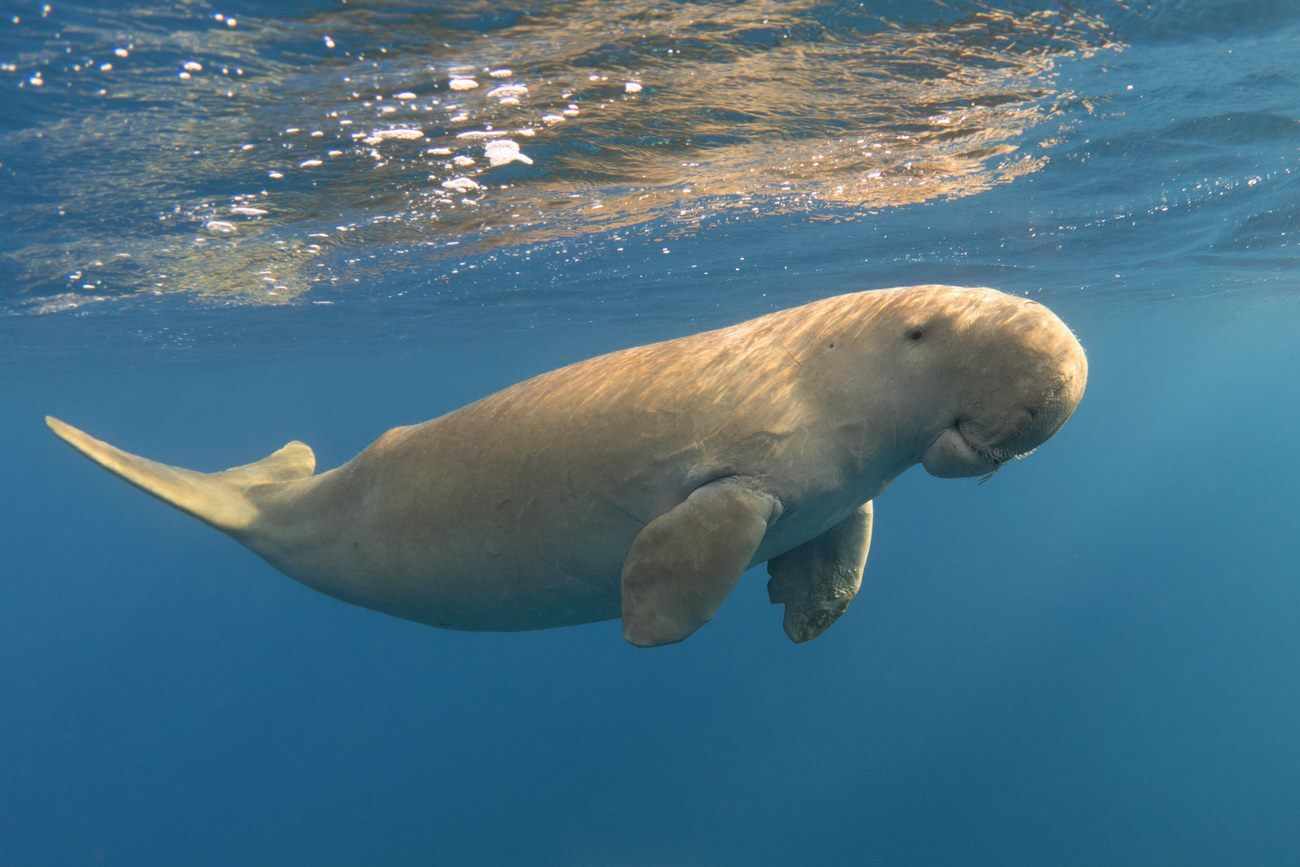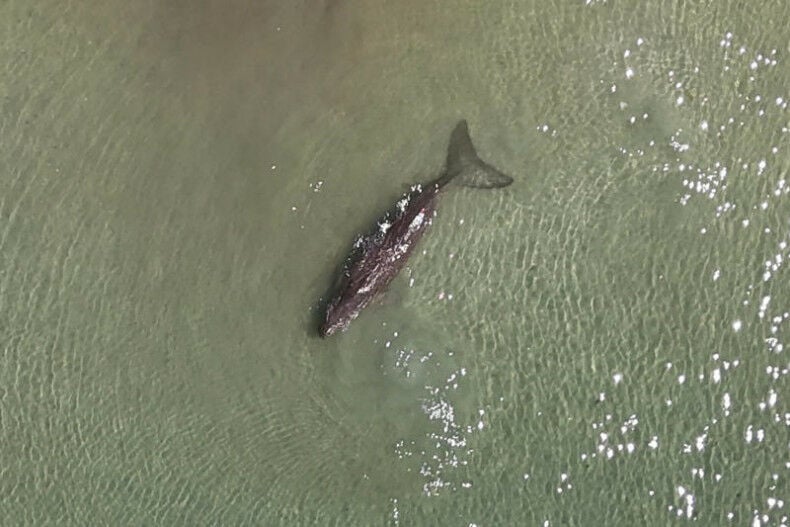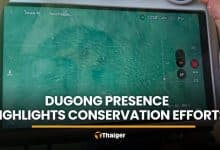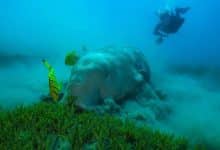Dugong dilemma: Thailand’s gentle sea giants face extinction risk

Thailand’s beloved dugongs are in dire straits, prompting an urgent meeting by the National Policy and Planning Committee on Marine and Coastal Resources Management. Led by Deputy Prime Minister Prasert Jantararuangtong, the focus was squarely on the alarming rise in dugong deaths in recent weeks.
With representatives from the Natural Resources and Environment Ministry, and the Department of Marine and Coastal Resources in attendance, the committee zeroed in on immediate actions. High on the agenda were accelerated surveys of dugong populations and seagrass habitats along the Andaman coast, amid concerns over deteriorating seagrass and its impact on the ecosystem.
Recent reports paint a grim picture: between October 1 and November 5, ten dugongs have perished across Thailand: three each in Satun, Phuket, and Trang, with another in Krabi. The culprits? Malnutrition, starvation, and entanglement in fishing nets: symptoms of their desperate struggle for sustenance in the Andaman Sea, as marine experts point out.
Deputy PM Prasert revealed a worrying decline in the dugong population, dwindling from 280 last year to a mere 267 this year. Department chief Pinsak Surasawadi highlighted the depletion of 24,149 rai of seagrass beds in Krabi, Trang, and Satun, vital habitats and food sources for these gentle creatures.
In response to this crisis, dugongs have been migrating to Phuket and Phang Nga in search of new feeding grounds. In the battle to save them, Natural Resources and Environment Minister Chaloemchai Sri-on has called for a robust dugong protection plan.
Bangkok Post reported that measures include training courses in basic dugong rescue for local communities, equipping villagers with resources for stranded animals, and leveraging oceanographic models to pinpoint danger zones for dugongs, establishing recovery ponds to curb species loss.
Innovatively, the department is experimenting with feeding dugongs alternative food sources that mimic seagrass chemistry, such as morning glory and seaweed. A pilot project at Phuket’s Rawai Beach saw the voracious sea mammals devouring all the vegetables placed for them, offering a glimmer of hope.
Despite this promising development, Mr Pinsak stresses these substitutes are mere supplements, underscoring the crucial need for seagrass bed restoration.
As Thailand rallies to protect its iconic sea mammals, the nation faces a race against time and tide to ensure these gentle giants don’t vanish from their centuries-old habitat.

Latest Thailand News
Follow The Thaiger on Google News:


























